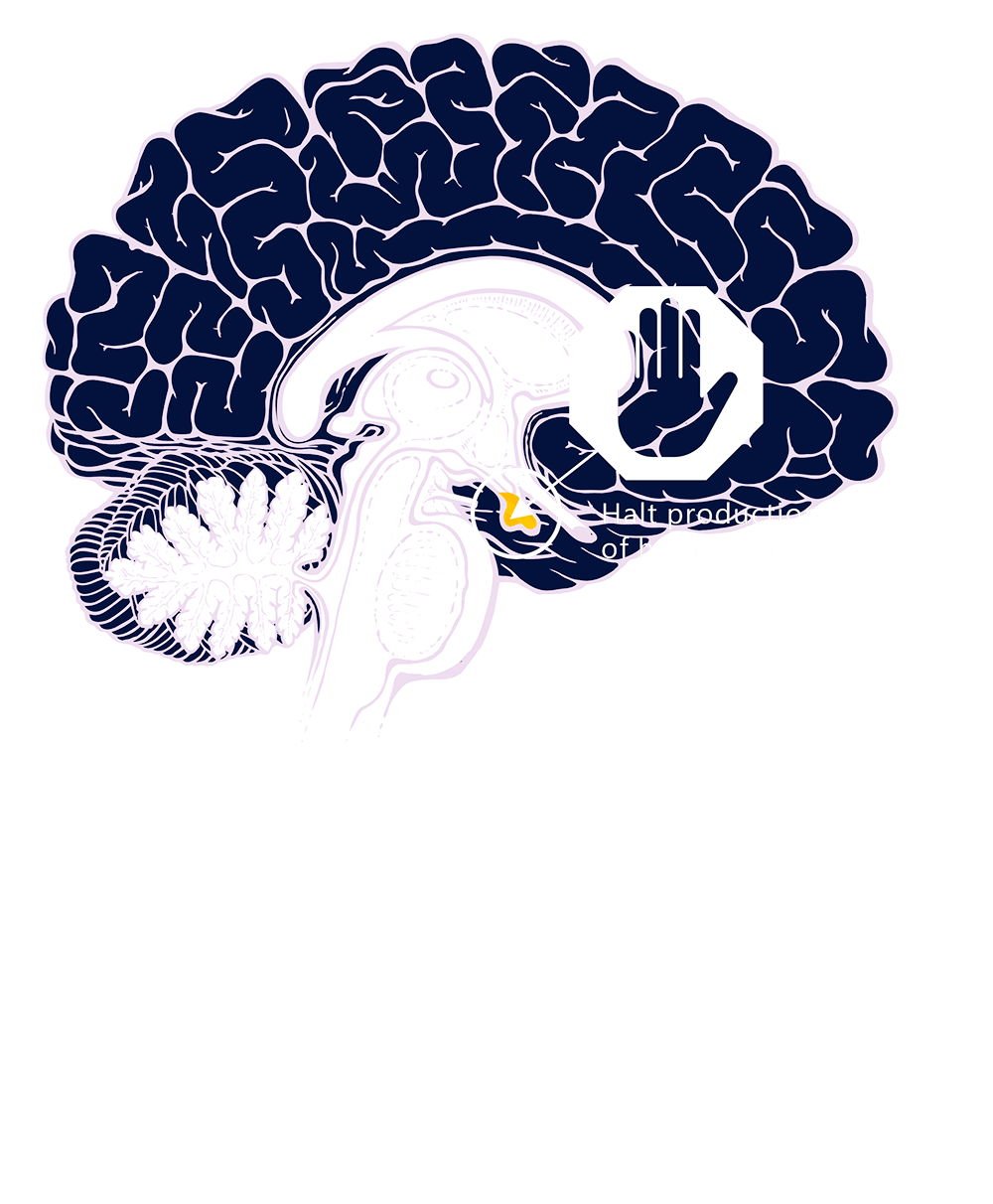How is
Central precocious puberty
Treated?
CPP treatment helps the body stop making
puberty hormones until the right time
The most common treatment for central precocious puberty, or CPP, is called a gonadotropin-releasing hormone (GnRH) agonist. GnRH agonists work by helping the pituitary gland ignore signals from the brain, so the gland stops sending hormones that stimulate the ovaries and testes. Without the stimulation, the production of sex hormones stops.

Effect of treatment
Once your pediatric endocrinologist decides that your child has reached a more appropriate age for puberty to progress, he or she will stop GnRH agonist therapy, and your child will continue through “normal” puberty similar to his or her peers. The amount of time a child is on treatment will depend on his or her unique growth and development.
Be sure to understand the benefits and risks of any medicine you consider for your child.
What are the options for
CPP treatment?
Watch Peter A. Lee, MD, pediatric endocrinologist, discuss treatment for CPP.

Your child has CPP.
What can you do now?
CPP can be treated. Once your child has been diagnosed, talk to your pediatric endocrinologist about treatment options for your child as soon as possible. Half of all children with CPP are diagnosed too late for treatment to have an effect.*
*Based on an online survey of 141 US pediatric endocrinologists from June 6 to July 14, 2017.
Talking to the
pediatric endocrinologist
After you see the pediatrician, the next step is to see a pediatric endocrinologist for a diagnosis. There are treatment options for CPP. The sooner you know for sure if your child has CPP, the sooner your child can get the treatment he or she needs.

Tips for
talking to
your child
Use these tips for talking to children of different ages about early puberty.
Find and
download helpful
resources
Download information sheets and find
links to additional websites with information about CPP.

